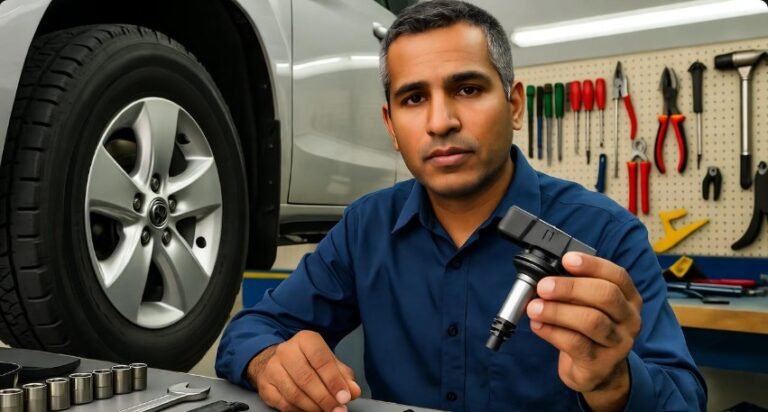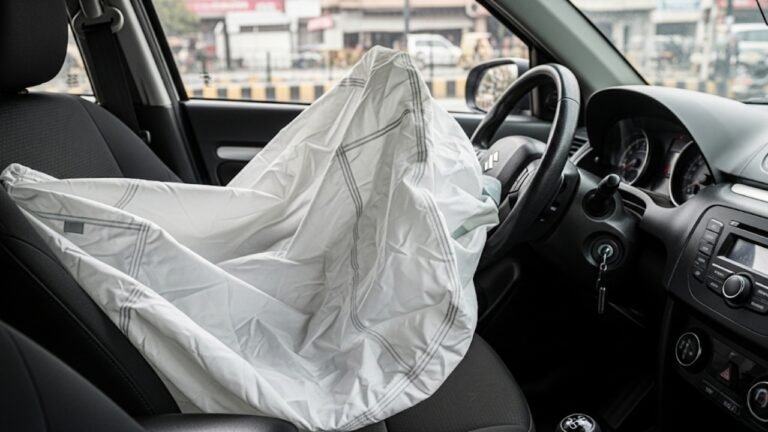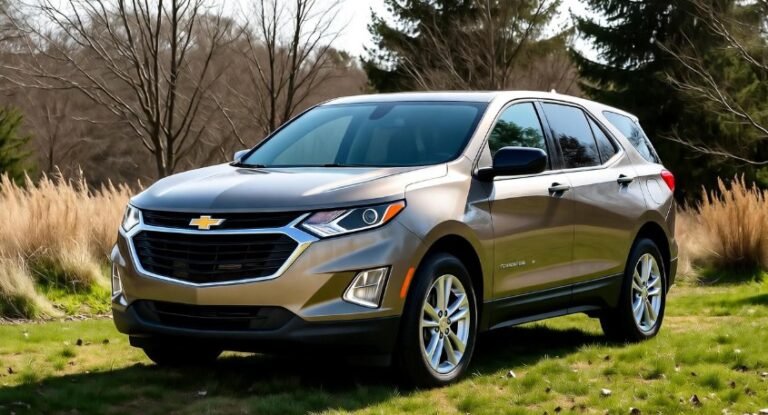How to Know Which Towing Company Took Your Car
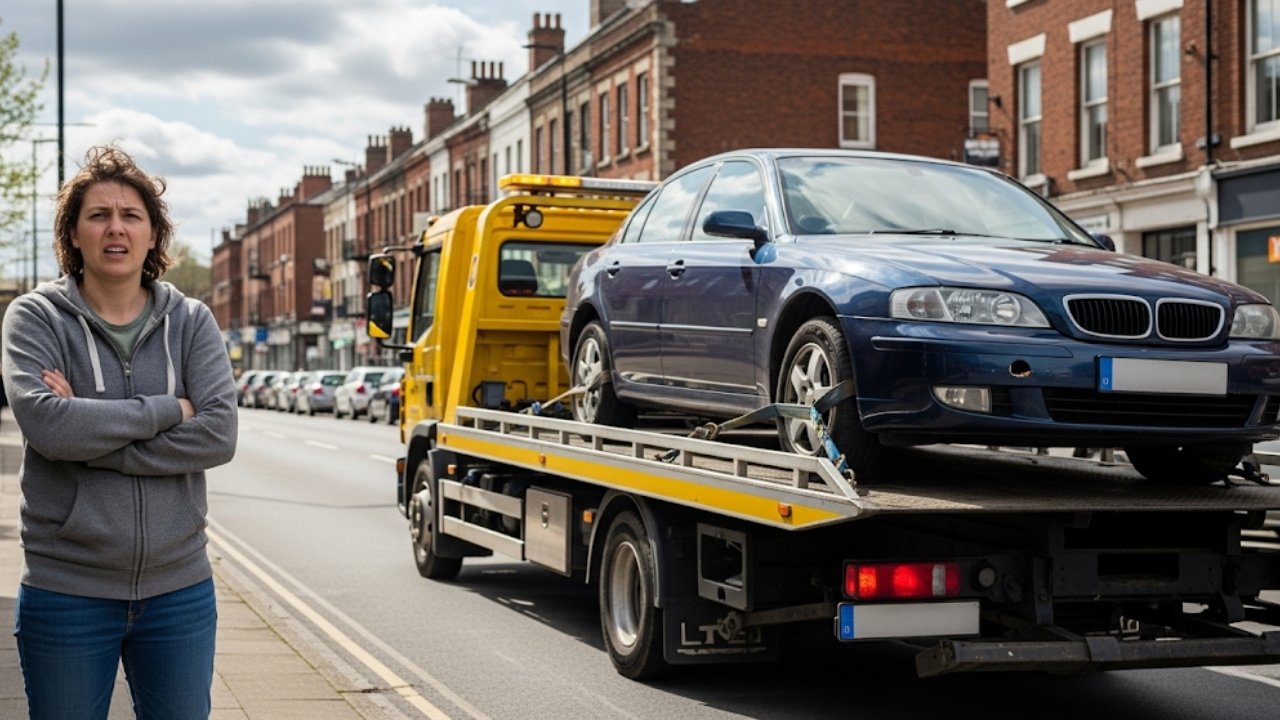
We’ve all been there. You step outside, ready to head somewhere, and suddenly—your car is gone. Not stolen. Not misplaced. Just gone. Your heart sinks. Your mind races. You start questioning everything. Did I park in a no-parking zone? Was it a street cleaning day? Did I miss a sign?
If this sounds familiar, you’re not alone. Many drivers go through this frustrating and often confusing experience. The first thing you need to know is this: if your car was towed, not stolen, there are clear steps you can take to figure out which towing company took your car—and more importantly, how to get it back.
This guide breaks it all down. We’ll keep the language easy, the tips practical, and the advice friendly—just like a chat with someone who’s been through it before. We’ll also dive into local rules, give you real ways to track your car, and share the dos and don’ts of this stressful situation.
Why Was Your Car Towed in the First Place?
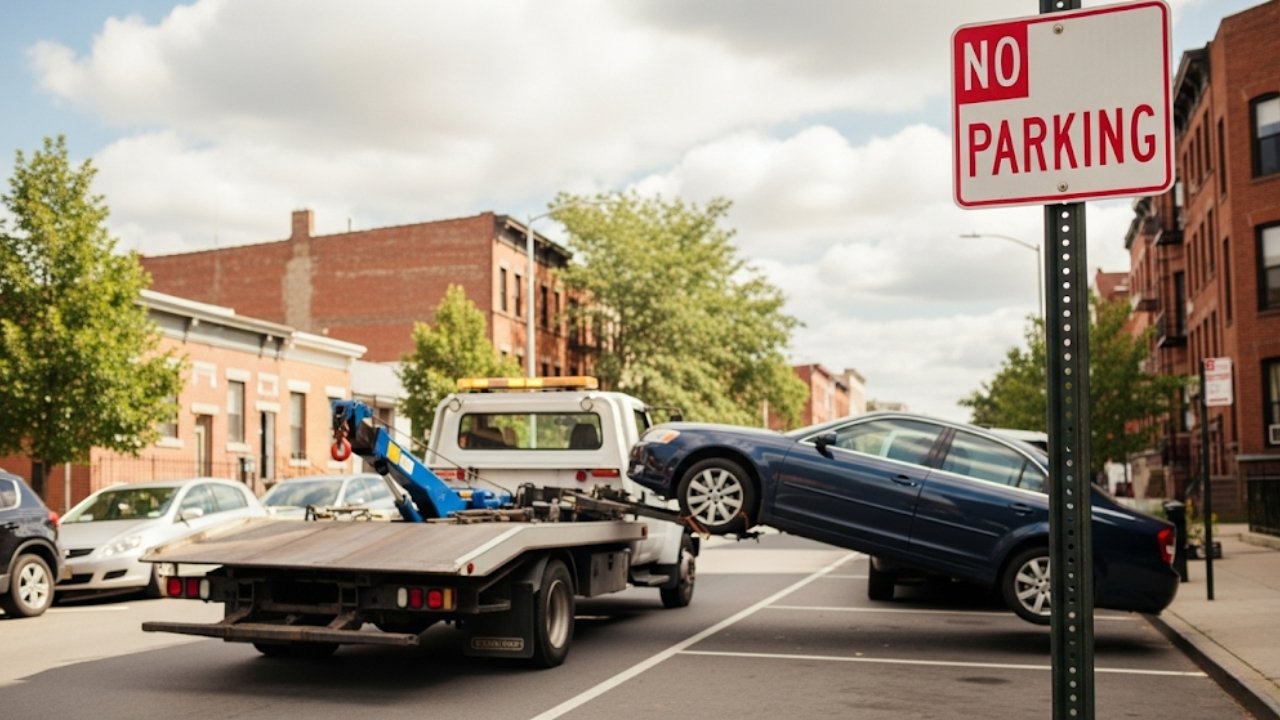
Here are common reasons why your car might be towed:
-
Illegally parked (fire lane, red zone, no-parking area)
-
Blocking driveways or hydrants
-
Unpaid tickets or expired registration
-
Private property violations
-
Accident scenes or police holds
-
Street sweeping or construction work
Each of these situations might involve a different towing company. For instance, police-ordered tows are usually handled by contracted towing services, while private properties might call any local company they have on speed dial.
So the reason behind the tow is your first clue.
Check the Area First: Clues Might Be Nearby
Okay, so your car’s gone. Don’t panic yet. Let’s use a bit of logic.
Start by checking the immediate area where you last parked your car. Look for:
-
Signs nearby: Most lots or zones will have posted signs that include the name and phone number of the towing company responsible.
-
Tow-away zone warnings
-
Construction notices or street sweeping schedules
-
Contact info for property management (in case it’s a private lot)
These signs usually say something like:
“Unauthorized vehicles will be towed at owner’s expense by XYZ Towing. Call (555) 123-4567.”
If you see a sign like this, you’ve hit the jackpot. Call that number immediately. Ask them if your car is with them. They’ll need your license plate number or VIN to confirm.
It’s surprising how many people miss this step. They panic and start calling the police, but often the answer is right there on a pole or wall.
Call Local Law Enforcement or 311 (Non-Emergency)
Still no clue? Your next best move is to call the local police department’s non-emergency number. In many cities, this is 311.
Here’s why this works:
-
Towing companies are usually required to report the tow to police or city databases.
-
Officers can check the system to see which towing company took your car.
-
They’ll also tell you where your car is being held.
Pro tip: Don’t call 911—this isn’t an emergency. But if you’re feeling really confused or unsafe, local police stations usually have non-emergency desks that handle car impounds.
Have your car’s make, model, license plate, and location where you parked ready. That helps them find your case faster.
This step is especially helpful if you parked on a public street, because public tows are logged into municipal records.
Check Online Towing Databases (Yes, They Exist!)
We live in a digital age. Believe it or not, many cities and counties have online portals where you can look up if your car has been towed. These tools can help you find:
-
The towing company name
-
Impound yard location
-
Fees owed
-
Steps for vehicle release
Examples of cities with these tools:
| City | Online Towing Lookup |
|---|---|
| Los Angeles | www.opglaviic.com |
| New York City | www.nyc.gov/towedvehicles |
| Chicago | www.chicagoimpound.com |
| Houston | www.findmytowedcar.com |
If your city has such a site, type your license plate into the search box. In seconds, it may show which towing company took your car and how to get it back.
Make sure to use an official city site—not a third-party service trying to sell you reports.
Ask Local Businesses or Neighbors
If your car was towed from a private parking lot, the property manager or local business likely called it in. Here’s a friendly tip: go inside and ask politely.
Try something like:
“Hi, I parked here earlier, and now my car is gone. Do you know if it was towed or who I can contact?”
Most folks are understanding and will point you in the right direction.
Also, if you were parked in front of a house or apartment, try knocking and asking the resident. They might’ve called the tow truck themselves—and will usually tell you which towing company they used.
Sure, it feels awkward. But you’d be surprised how often this simple human interaction clears things up.
Check with the DMV or Local Impound Office
Still no leads? Your next step is to check with your local DMV or impound lot.
In some states, the DMV records towing reports, especially if your car was towed due to registration issues or tickets.
You can also call your city’s vehicle impound office. They’ll usually have a record of all towed vehicles in their area and can tell you which towing company is holding your car.
This step is especially useful in:
-
Larger cities with centralized impound databases
-
Cases involving police-towed vehicles
-
When you suspect your car was held for violations, not just parking
Signs You’ve Been Towed—Not Stolen
One of the scariest parts of this experience is not knowing if your car was towed or stolen. Here are some signs it was towed:
-
No broken glass at the scene
-
Other cars also gone from the area (common on street cleaning days)
-
Clear no-parking signs nearby
-
The police confirm a tow record exists
-
Nearby security or staff mention a towing service recently came by
If you suspect theft, file a police report immediately. But often, a few smart calls can help you find the towing company and avoid that panic.
What to Do Once You Find the Towing Company
So you’ve tracked down the towing company that took your car. Now what?
Take a deep breath. This part might feel a little frustrating, but it’s manageable if you stay calm and organized.
Here’s what you need to do next:
-
Call the towing company before heading over.
-
Confirm they have your car.
-
Ask for the exact address and hours of operation.
-
Inquire about what documents you need.
-
-
Gather the required documents:
-
Valid photo ID
-
Proof of ownership (registration or title)
-
Valid insurance
-
Cash or card for payment of fees
-
-
Ask about fees:
-
Don’t assume the price.
-
Ask for a breakdown: towing fee, daily storage, administrative charges, etc.
-
Ask if they accept credit cards or only cash.
-
-
Check if your vehicle is drivable:
-
If your car was in an accident or towed from a breakdown, it may not be safe to drive.
-
If unsure, bring a mechanic or friend with you.
-
Know the Typical Towing and Impound Fees
When picking up your car, fees can be a shock. But knowing what’s fair can keep you from being overcharged.
Here’s a table of common fees you might face:
| Service | Estimated Cost (USD) |
|---|---|
| Tow Fee | $100 – $250 |
| Daily Storage Fee | $20 – $50/day |
| After-Hours Release | $50 – $100 |
| Admin/Processing Fee | $30 – $70 |
| Boot or Immobilization | $70 – $150 |
Important tip: Ask about grace periods. Some lots don’t charge for the first few hours or day. Others may offer discounts if you pick up your car quickly.
What If Your Car Was Wrongfully Towed? Know Your Rights
Let’s say you believe your car was towed without cause—maybe the signs weren’t clear, or it was a mistake. You still have rights.
Here’s what you should do:
-
Document everything: Take photos of the area where you parked, the signage (or lack of it), and anything that could help your case.
-
Keep your receipts from the towing company.
-
File a complaint with:
-
Your local city transportation office
-
The Better Business Bureau (BBB)
-
Consumer protection agencies
-
-
Dispute the charge through small claims court if needed.
In many cities, towing companies must meet strict rules. If they violate them—like failing to post a warning sign—they may have to refund you or even pay penalties.
Don’t be afraid to speak up.
How to Avoid Getting Towed Again
Getting your car towed once is enough to teach you some hard lessons. Here are real-world tips to make sure it doesn’t happen again:
-
Read all posted signs before parking—especially in unfamiliar areas.
-
Avoid blocking driveways, hydrants, or loading zones.
-
Don’t park in lots without knowing who manages them.
-
Set reminders for street cleaning days in your area.
-
Keep your registration and insurance up to date.
-
If you’re unsure about a parking spot, don’t risk it. It’s cheaper to pay for a spot than to pay to get towed.
These simple habits can save you time, stress, and money in the long run.
Real-Life Anecdote: A Lesson Learned the Hard Way
Let me tell you about my friend Sam.
He parked behind a convenience store late one night. The lot was nearly empty, and there was one small sign tucked in the far corner that said, “Customer parking only – unauthorized vehicles will be towed.” He thought, “Eh, I’ll only be 10 minutes.”
Thirty minutes later, his car was gone.
He spent an hour calling the police and finally found the towing company. The whole ordeal cost him $375, two bus rides, and a ruined evening.
Lesson? If there’s a sign—even a small one—they mean business. It’s not worth the gamble.
FAQs: Quick Answers About Towing
1. How do I know if my car was towed or stolen?
Check for signs, broken glass, or witnesses. Then call local police or use a city website to search your plate. Most likely, your car was towed—especially if parked in a restricted zone.
2. Can I get my car back without paying?
In rare cases—like wrongful towing—you might dispute it. But usually, you’ll need to pay fees first and fight the charges afterward.
3. What happens if I leave my car at the tow yard too long?
Storage fees pile up daily. After a certain period (usually 30 days), they may auction your car. Always act quickly.
4. Do towing companies accept credit cards?
Many do, but some still require cash. Always ask when you call.
5. What should I do if I can’t afford the tow fees?
Ask the company about payment plans or partial releases. Some cities offer financial assistance or allow you to challenge excessive fees legally.
6. Is there a towing grace period?
It depends. Some cities allow a short window (like 5–15 minutes) before towing starts. Check with your local laws.
7. Can I get towed from my apartment parking lot?
Yes. If you violate parking rules or don’t have a permit, even your home parking spot isn’t always safe. Property managers often contract with towing companies.
8. Do towing companies need permission to tow?
On private property, yes. Usually, the owner or manager must request it. On public roads, the city or police decide.
Final Thoughts: Don’t Panic, Just Be Proactive
Discovering your car has been towed is never fun. It feels unfair, stressful, and downright annoying. But now you know the steps to take:
-
Start by checking signs and making calls.
-
Use official city resources when possible.
-
Document everything—especially if you suspect a wrongful tow.
-
And most of all, stay calm. You’ll find your car and figure it out.
The key to solving this fast is acting early and using the right info. Whether you’re in a big city or a small town, the tools are there—you just have to know where to look.
Next time you park, think like a detective. One sign, one tow truck, or one wrong move can lead to a lot of hassle. But with this guide, you’ll be ready for anything.

